An Angus gin producer has described Scotland’s deposit return scheme as “not fit for purpose” that will “decimate business”.
The flagship Scottish Government initiative is aimed at increasing recycling via a 20p deposit on single-use drinks bottles and cans.
Companies are required to register for the scheme by March 1 ahead of its planned launch on August 16 this year.
Founder of Toll House Spirits in Arbroath, Fiona Walsh, said that she feels as though producers are being “forced” to sign up for the deposit return scheme (DRS), claiming that it is “not ready”.
“The fundamental issue with the deposit return scheme that’s being forced upon Scotland is that it’s designed by big producers for big producers,” Fiona said.
“The only consultation that’s been done with producers appears to be with Coca-Cola, Highland Spring, Barr and Tennent’s, huge producers who probably have an entire department dedicated to sustainability.
“We’ve made a lot of in-roads over recent years to introduce refill pouches, to reduce single-use plastic in our packaging and we already feel we’re making good in-roads to being sustainable as our production site is run on renewable energy.
“A deposit return scheme would be fantastic – if it was implemented correctly.”
Return scheme will ‘decimate business’
Fiona attended an event last week in Dundee held by Circularity Scotland, the body responsible for the scheme.
Fiona said that they openly presented that their 35 to 40 “member producers” account for 95% of all scheme articles in Scotland, with Fiona adding that 4,460 “non-member producers” are being forced to sign up for a scheme that will “decimate business”.
“If you just focused on those big producers, your work is done,” Fiona continued.
“It just feels like a system that’s been massively designed by big producers.
“I don’t think they’ve even considered the nuances in Scotland of the whisky industry where you’ve got limited editions and a few small runs.
“We do a huge amount of miniatures and strangely in Scotland miniatures will form part of the deposit return scheme. I reckon about 60 to 70% of our miniatures never get opened.
“They’re souvenirs, they sit on a shelf, they’re maybe gifted as a wedding favour and they don’t get opened.”
How does deposit return scheme work?
Under the current proposal, shoppers will pay a 20p deposit when buying a drink in these containers, with the money then refunded to them when they take the empty cans and bottles back for recycling.
Producers have until the end of February to register with Sepa and pay a flat rate £365 registration fee.
In addition, producers are charged a small fee by the administrator to help cover the cost of running the service – about 2p per item for plastic or aluminium bottles and 4p per glass bottle.
Circularity Scotland will pay retailers a small handling fee for fulfilling their role as return points – roughly 2p or 3p per item depending on the collection method.
Leading figures from businesses in the food, drink and hospitality sector have already sent an open letter to circular economy minister Lorna Slater, calling for the initiative to be paused so that improvements can be made.
The rest of the UK is now scheduled to bring in a deposit return scheme in October 2025 – more than two years after the August start date for the Scottish project.
All firms producing drinks for sale in Scotland in plastic, glass or metal containers between 50ml and three litres in size are “legally required to take part in the scheme”, administrators at Circularity Scotland have confirmed.
Fewer alcohol products in Scotland?
Appealing directly to the First Minister, the letter warns Ms Sturgeon that “if the DRS scheme proceeds as proposed, many producers in England, and the rest of UK and foreign drinks brands exporting to Scotland, will cease to sell their products in Scotland”.
They went on to say: “The planned DRS scheme will cause price inflation over and above the 20p deposit.
“Furthermore, given that the poorest in society, with no access to a car, use these very stores, they are the people who will be hit hardest by these price hikes and at a time we are in the midst of a cost-of-living crisis.”
The group insisted that the aims of the scheme are “laudable”, but the MSPs added that “this scheme, as proposed, cannot and will not realise these aims in practice”.
However, Dr Kat Jones, director of APRS, which is running the Have You Got The Bottle? campaign, said that the letter contained a number of “misunderstandings” about the DRS, insisting that the scheme will be “transformative for communities blighted by litter”.
Dr Jones said: “Most implausibly, the letter claims the 20p deposit is a cost to the public, when that deposit is of course refunded to them in full when they go back to the shops with their empty cans and bottles.
“The truth is deposit return is a producer responsibility scheme and, as such, puts the costs for our current failing single-use economy back on to the producers.
“It is not right that communities, local councils and the environment should be carrying the can. Of course big drinks producers want us all to keep paying for their waste.”
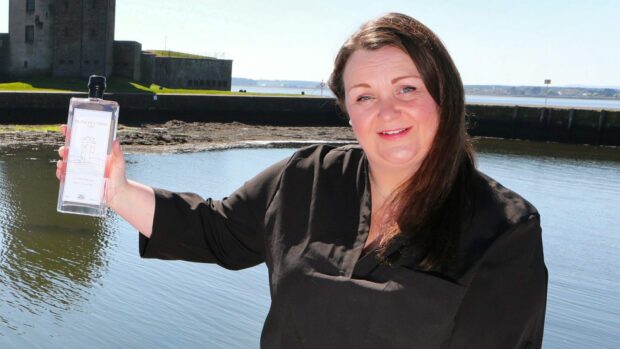
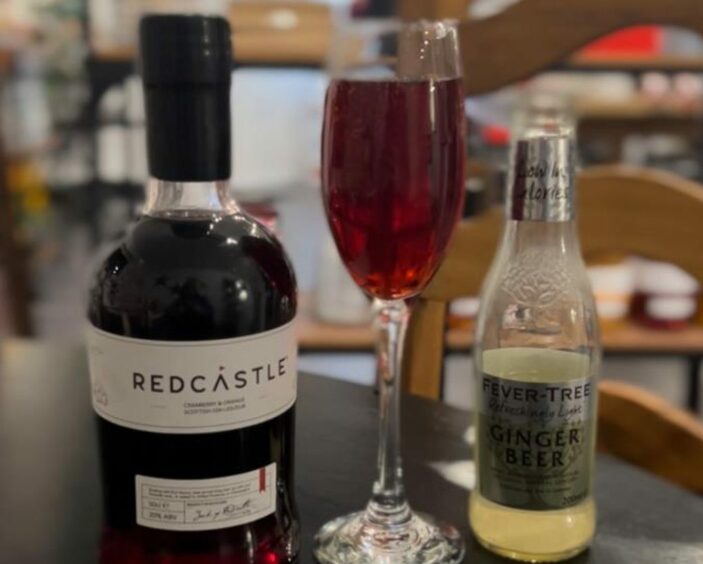

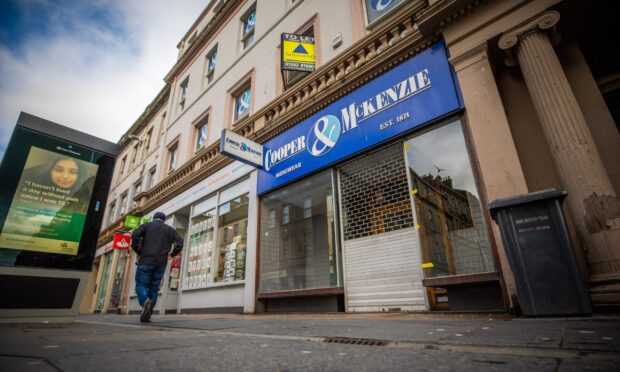



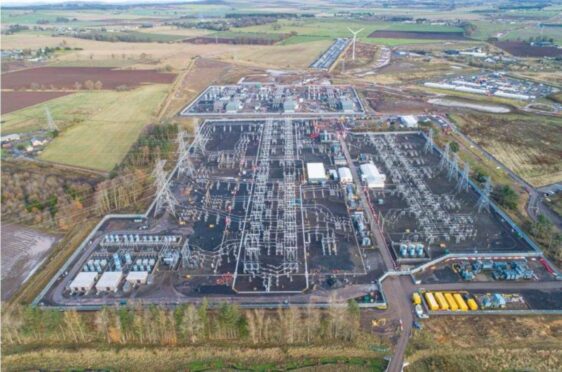

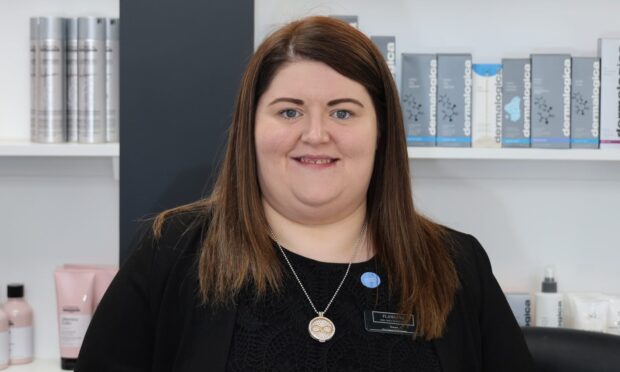



Conversation